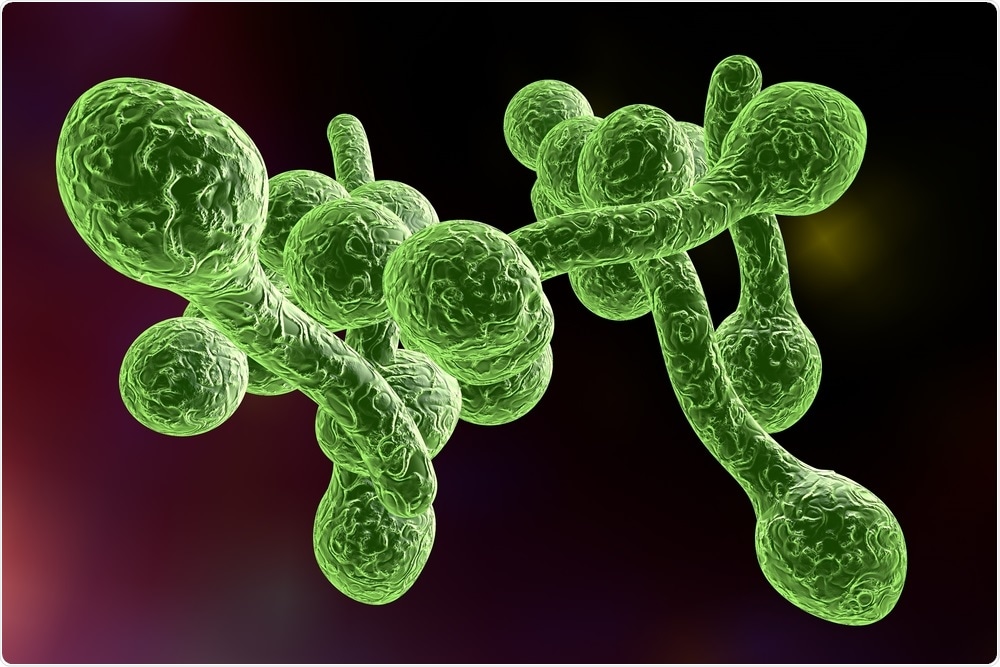A new study tries to pinpoint the crucial first step in how human immune systems recognize fungal invaders.

Image Credit: Kateryna Kon/Shutterstock.com
Fungal infections kill an estimated 1.6 million people globally each year; however, important components of the immune response remain unclear.
Professor Neil Gow and Professor Alistair Brown of the University of Exeter’s MRC Centre for Medical Mycology (MRC CMM) have secured a £1.6 million Wellcome Investigator Award to discover how immune receptors identify unique chemical signatures on fungal cells.
I am delighted that this award has been granted to myself and Al Brown at the MRC CMM, and to our collaborator in fungal cell wall chemistry, Nikolay Nifantiev, based in Moscow. In this program, we are seeking to reveal the very first events that ignite the human immune system’s ability to recognize a fungal invader.”
Neil Gow, Professor, MRC Centre for Medical Mycology, University of Exeter
Professor Gow adds, “Our program promises not only to answer fundamental questions in fungal immunology, but also paves the way for the development of novel diagnostic biosensors and treatment options.”
Just as the immune system recognizes the ‘spike protein’ of Covid-19, we aim to define the precise chemical composition of the targets in fungal cell walls that trigger immune responses. We will also determine how the fungus disguises these immune targets to avoid recognition by the immune system.”
Alistair Brown, Professor, MRC Centre for Medical Mycology, University of Exeter
The Exeter research team is well-known for its work on Candida, a fungus that kills over 2,50,000 people each year and causes over 100 million thrush infections.
Expertise in synthetic carbohydrate chemistry, fungal physiology, genetics, genomics, and immunology will all be used in the new program.
By defining the chemical signatures that trigger immunity, and how the fungus disguises and regulates these chemical signatures to avoid immune capture, we will uncover the origins and dynamics of fungal immune responses.”
Neil Gow, Professor, MRC Centre for Medical Mycology, University of Exeter
The four-year project is named “From ‘molecular pattern’ to ligand structure and function—the origins of antifungal immunity,” and it will begin this year.